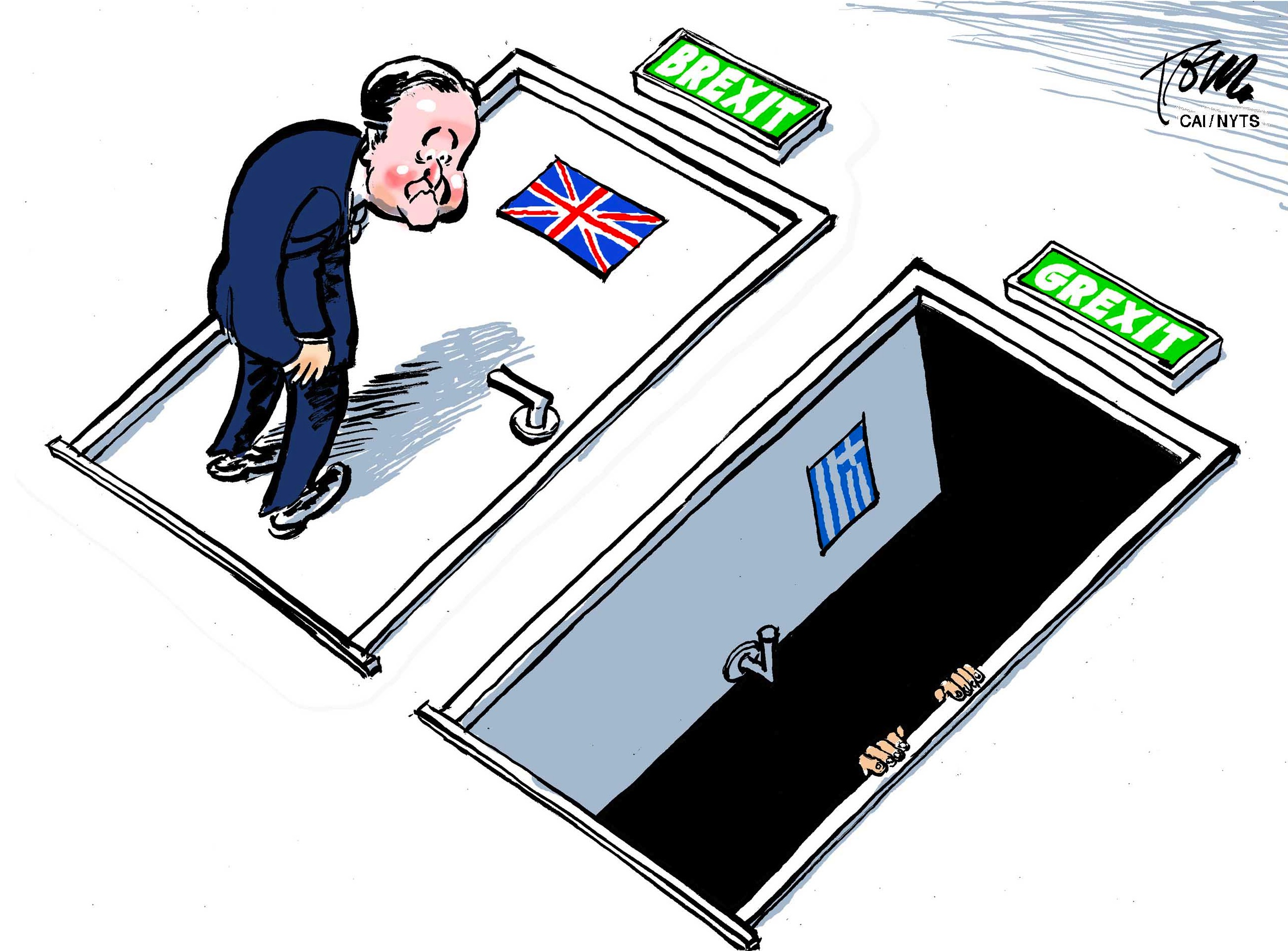None of the polls predicted that the Conservatives (also known as the Tories) would win an overall majority in the general election on May 7. The only nearly correct prediction was that the Scottish National Party (SNP) would do outstandingly well in Scotland.
Many feared that the general disillusionment with politicians would result in a low turnout. In fact it was 1 percent up on the 2010 election, although a turnout of 66.15 is hardly anything to be proud of in a long-established parliamentary democracy.
Britain's system of single-member constituencies elected on a "first past the post" basis has the backing of the two main parties (Conservative and Labour), but it often leads to a party gaining more seats than its overall share of the vote would justify.



















With your current subscription plan you can comment on stories. However, before writing your first comment, please create a display name in the Profile section of your subscriber account page.